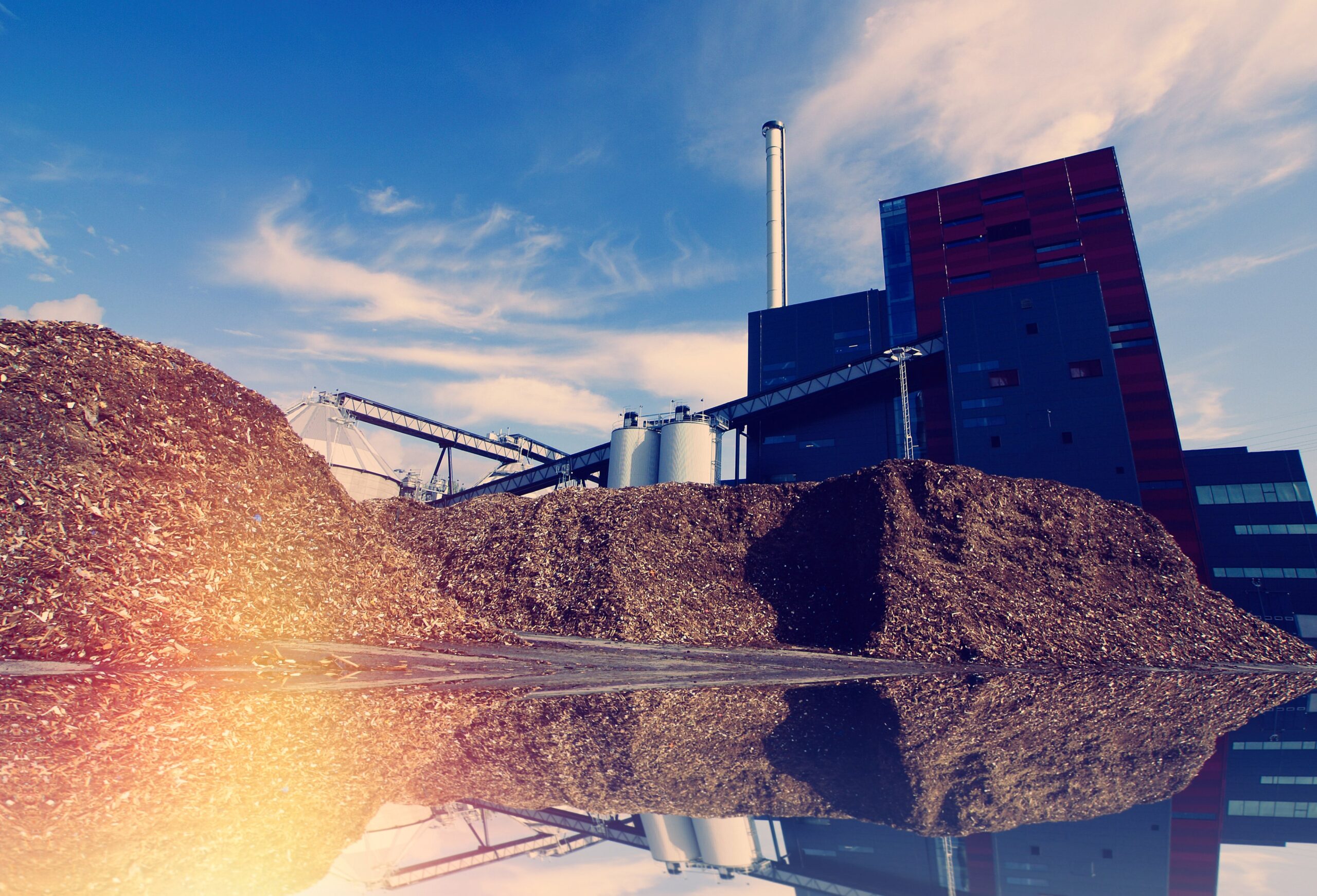
TAQA Libya is advancing biomass energy initiatives to transform organic materials into a sustainable power source while supporting environmental goals. These efforts include waste-to-energy solutions that convert agricultural and municipal waste into electricity, helping to reduce landfill reliance and improve waste management. In rural regions, biomass facilities support local development by creating jobs, empowering farmers, and providing decentralized access to power. By integrating biomass into the national energy mix, TAQA Libya enhances energy diversification and reduces dependence on conventional fuels. The use of biomass also contributes to carbon emission reduction, offering a cleaner alternative to oil and gas, while promoting sustainable resource management to ensure long-term environmental and economic benefits for the country.
Waste-to-Energy Solutions
Converting agricultural and municipal organic waste into energy, reducing landfill use while providing a sustainable power source.
Rural Development
Establishing biomass facilities in agricultural regions to create jobs, support farmers, and provide localized power supply.
Energy Diversification
Expanding beyond oil, gas, solar, and wind by integrating biomass into Libya’s renewable energy mix for greater resilience.
Carbon Emission Reduction
Using biomass as a cleaner alternative to conventional fuels, contributing to reduced greenhouse gas emissions.
Sustainable Resource Management
Promoting the responsible use of natural and agricultural resources, ensuring long-term environmental and economic benefits.